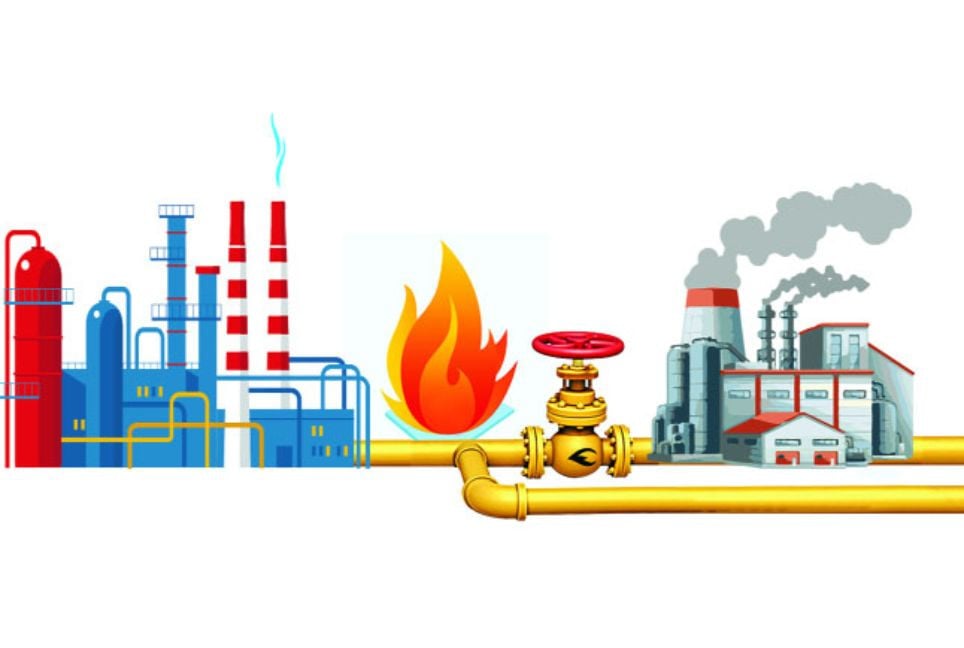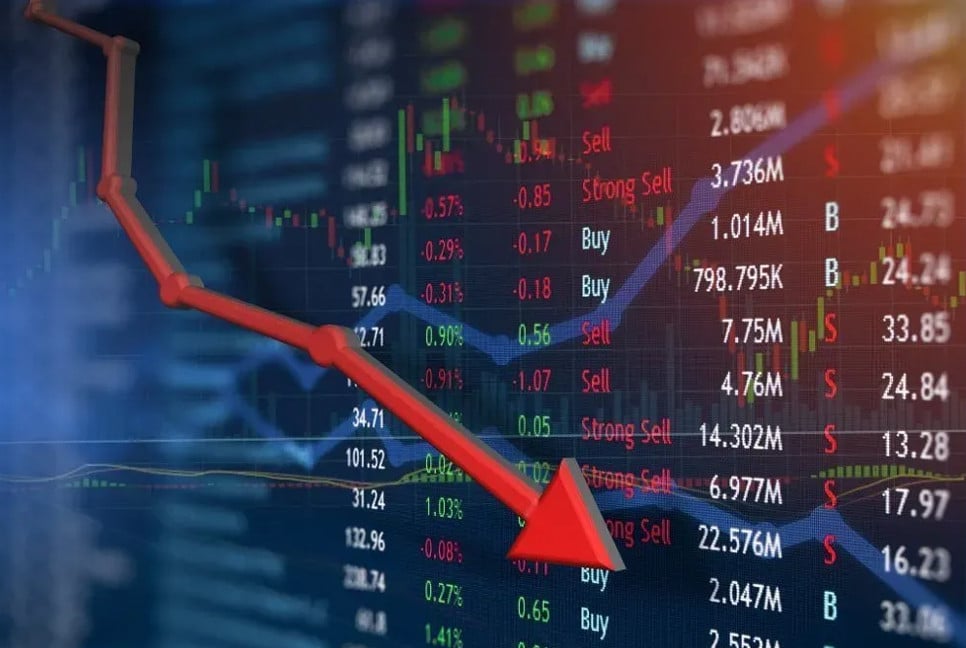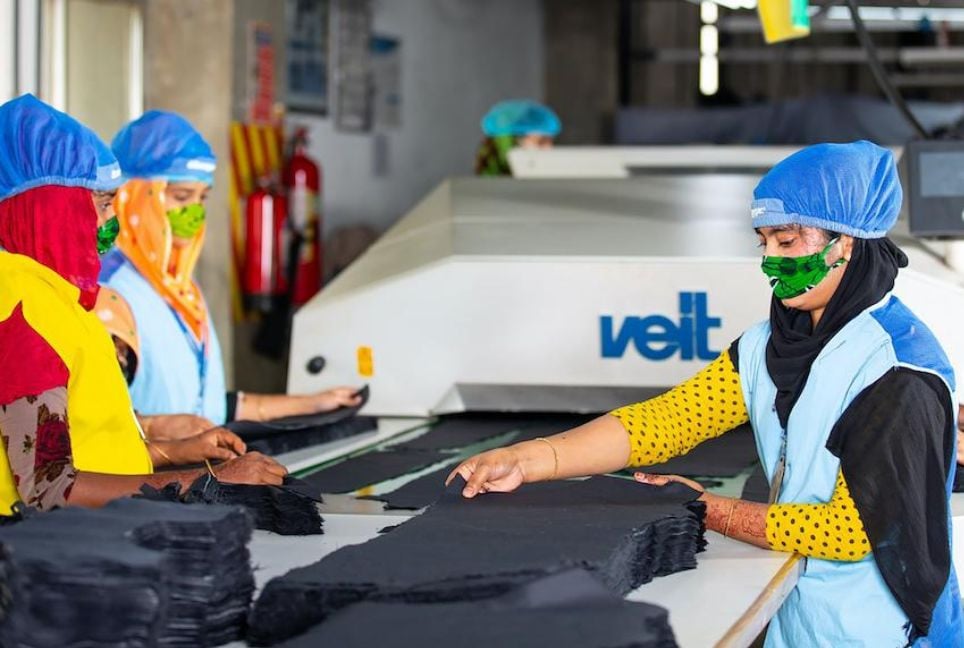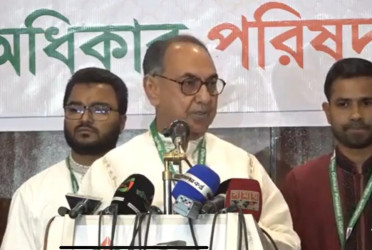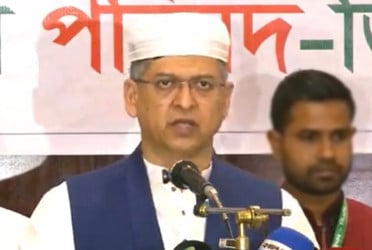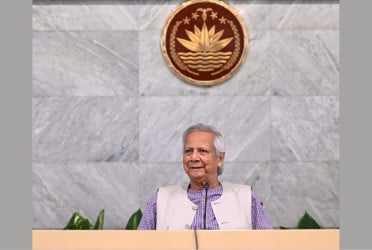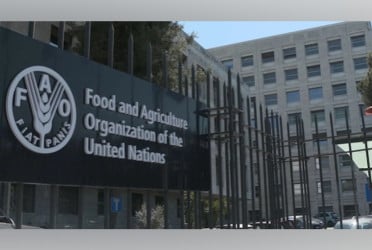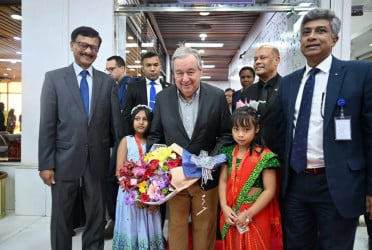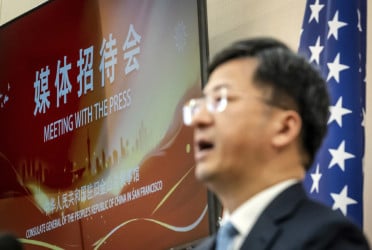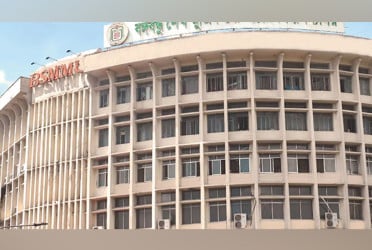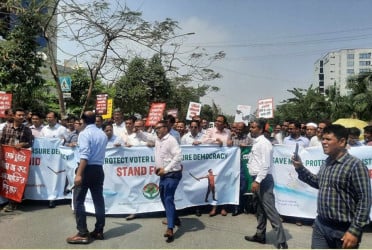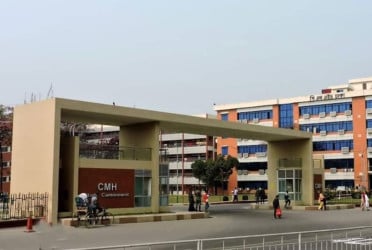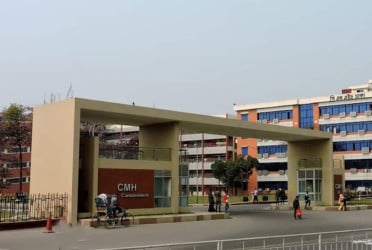Years of disrupted gas supply have brought export-oriented industries and other factories to a severe production crisis.
In key sectors such as textiles, ceramics, and ready-made garments, the captive power plants require a gas pressure of 15 PSI (pounds per square inch), but they are typically receiving only 2 or 3 PSI. At times, the pressure even drops to zero.
Factories in major industrial zones, including Dhaka, Narayanganj, Narsingdi, Manikganj, Gazipur, and Mymensingh, are facing severe disruptions in gas supply. The country requires approximately 4,000 million cubic feet (MMCF) of gas per day, but the current supply stands at only 3,000 MMCF, leading to a daily shortage exceeding 1,000 MMCF.
Bangladesh Textile Mills Association President Showkat Aziz Russell told Bangladesh Pratidin on Friday that there are 1,800 textile mills in the country, including 700 spinning mills. Of them, 50 per cent of mills have shut down due to the existing gas crisis. Consequently, both legal and illegal imports of yarn from India have increased.
He added that if the mills operated at full capacity, an additional 1,00,000 jobs could be created.
He also pointed out that while leather and leather goods factories are being relocated globally, Bangladesh is losing the opportunity to attract them. He blamed corruption in the previous government for failing to establish these industries in the country, calling it a significant misfortune.
He also remarked that the devaluation of the taka against the dollar has reduced business capital by half. However, despite being the driving force of the economy and creating employment, banks are not supporting us. We are not getting the necessary funds, he said.
Rusell further stated that the ceramics industry, which is entirely dependent on gas, is also in trouble. Gas is considered a prime raw material in this sector, and there is no viable alternative energy source.
Industry insiders state that ceramic factories require a gas pressure of 15 PSI, but they are only receiving 2 or 3 PSI, which often drops to zero.
Moynul Islam, acting president of the Bangladesh Ceramic Manufacturers & Exporters Association, told Bangladesh Pratidin that most factories are now operating at only 50 per cent capacity due to the severe gas shortage, leading to monthly losses of around Tk 3 billion.
He also criticised Petrobangla for not taking any measures to improve the situation. Petrobangla, in this regard, stated that the situation could improve if sufficient LNG is imported or new gas fields are discovered.
However, Islam pointed out that over the past nine years (2015–2023), the government has increased gas prices by approximately 345 per cent, including a nearly 150 per cent hike in 2023, while promising uninterrupted gas supply – a commitment that has not been fulfilled.
He further stated that due to the crisis, more than 50 ceramic companies have halted reinvestment plans, including five newly established factories that have yet to commence production.
The ready-made garment sector needs gas for captive power generation. The sector is now facing multifaceted challenges due to disrupted gas supply. Md. Abul Kalam, managing director of Chaity Group and panel leader of the Bangladesh Garment Manufacturers and Exporters Association’s Sammilita Parishad (BGMEA), told Bangladesh Pratidin that the industry’s production has declined by nearly 25 per cent due to the gas shortage. Additionally, disruptions in the textile sector have created raw material shortages for the garment industry.
In the last week of January, four major trade organisations – the BGMEA, BKMEA, BTMEA, and BTTLMEA – jointly sent a letter to Muhammad Fouzul Kabir Khan, adviser to the Ministry of Power, Energy, and Mineral Resources. The letter stated that factories are struggling with inadequate gas pressure and uncertainty, resulting in significant financial losses. The production capacity in industrial zones has declined by 50 to 60 per cent due to the gas crisis, disrupting the supply chain and factory operations. Moreover, the inability to ensure raw material supply timely has further affected timely deliveries of ready-made garment products.
Translated & edited by Fariha Nowshin Chinika

